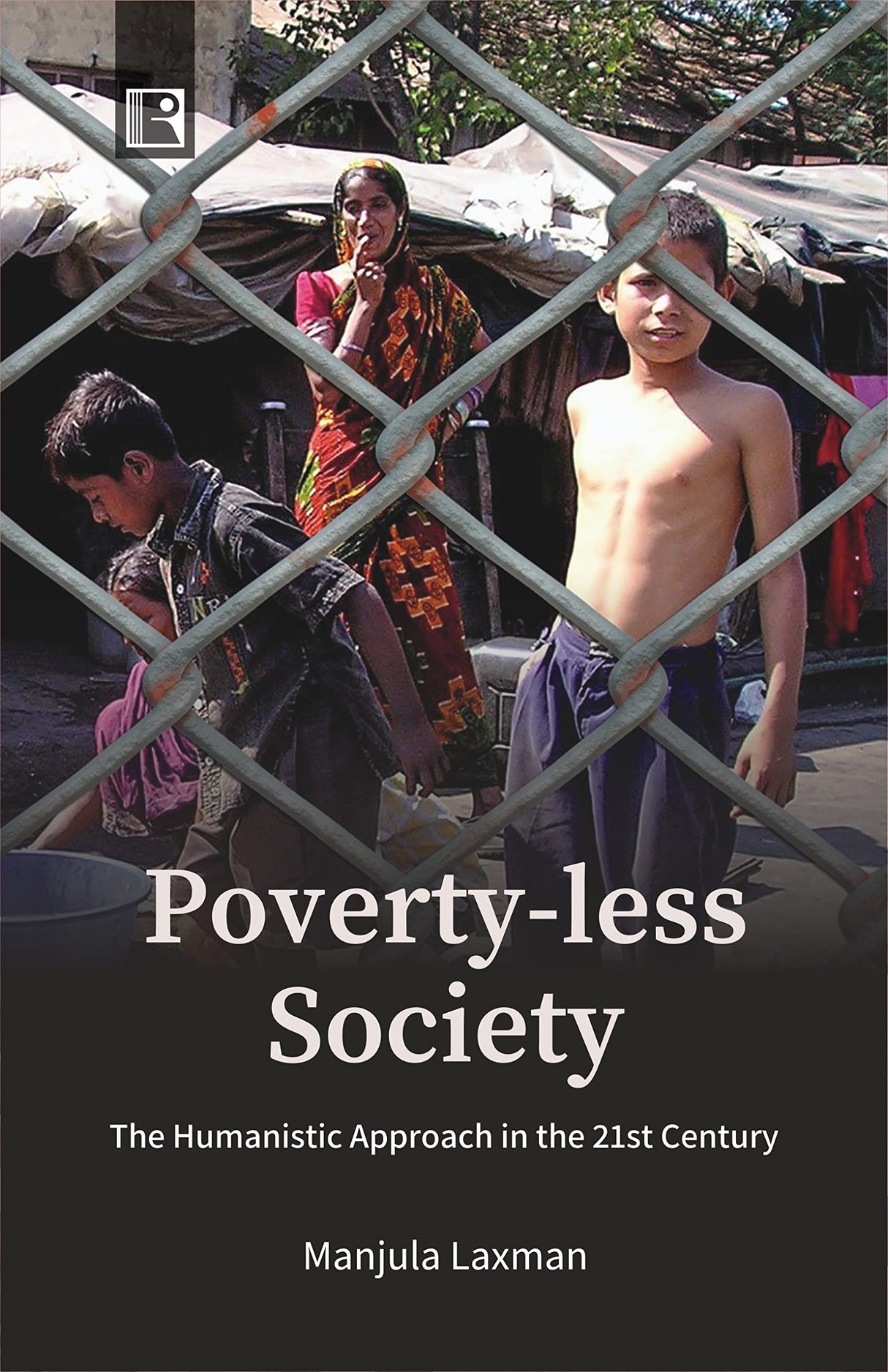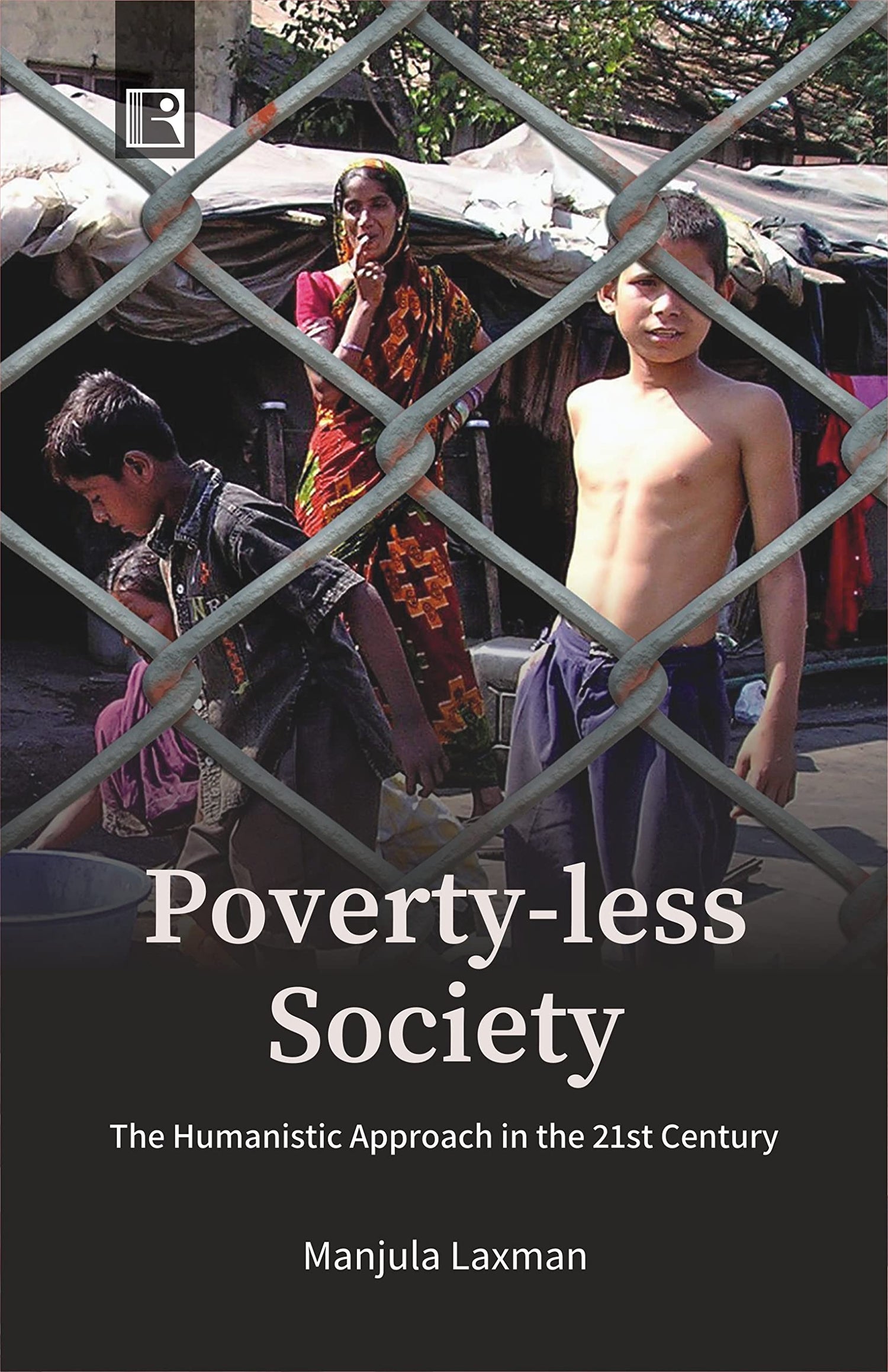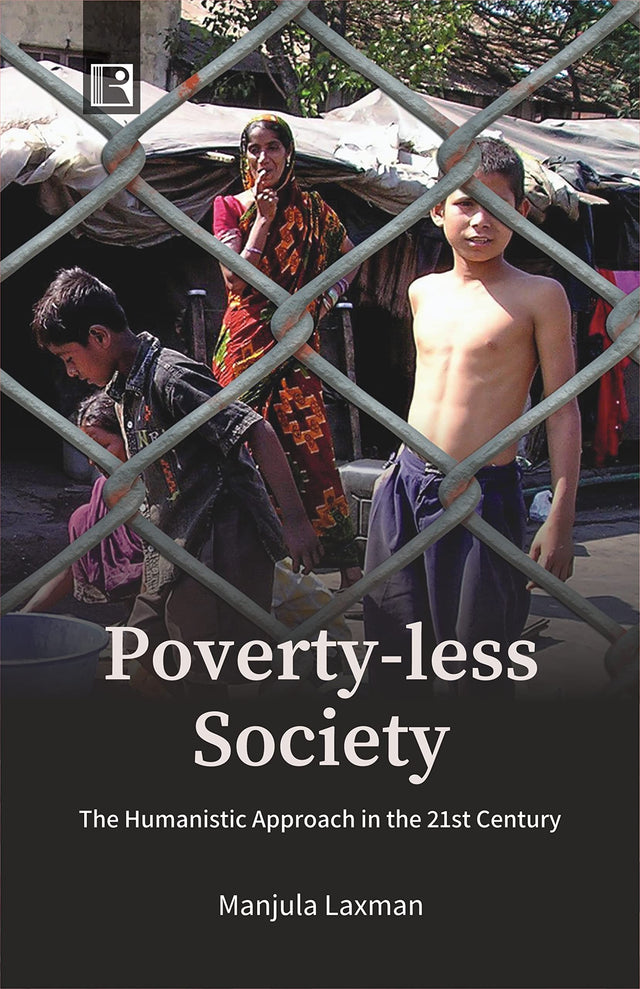POVERTY-LESS SOCIETY: The Humanistic Approach in the 21st Century
POVERTY-LESS SOCIETY: The Humanistic Approach in the 21st Century is backordered and will ship as soon as it is back in stock.
Couldn't load pickup availability
Genuine Products Guarantee
Genuine Products Guarantee
We guarantee 100% genuine products, and if proven otherwise, we will compensate you with 10 times the product's cost.
Delivery and Shipping
Delivery and Shipping
Products are generally ready for dispatch within 1 day and typically reach you in 3 to 5 days.
Book Details:
-
Author: Manjula Laxman
-
ISBN: 9788131612767
-
Language: English
-
Edition: 2022
-
Pages: 200
-
Cover: Hardcover
-
Publisher: Rawat Publications
About the Book:
This book presents a humanistic economic approach to understanding poverty, challenging the mainstream economic perspectives that have primarily focused on market-oriented economies. The mainstream view often marginalizes the poor due to a lack of financial resources and has failed to address the deeper, ethical implications of poverty.
The author, Manjula Laxman, critiques the utilitarian approach to poverty, which merely considers it as a monetary incapacity to access goods and services. According to the author, this perspective does not adequately address the human justice, liberty, and equity issues tied to poverty. The book argues that to truly eradicate poverty, we need to view it from a broader humanist perspective that incorporates social, political, and ethical dimensions.
Laxman advocates for a new framework—Humanistic Economics—that prioritizes human happiness and harmony with nature. This model proposes moving away from traditional market-oriented institutions and expanding alternative market institutions that are more human-centric. By doing so, inequality and poverty can be significantly reduced across different social groups and nations.
The book presents a research agenda on creating a poverty-less society and offers new, alternative ways of understanding poverty and inequality using a normative framework.
Contents:
-
Introduction
-
Poverty and Inequality in the World
-
Perspectives on Poverty
-
Concept and Measurement of Poverty
-
Evolving a Model of Humanistic Economics
-
Agenda for the 21st Century
About the Author:
Manjula Laxman is an Associate Professor at Gujarat Vidyapith, Ahmedabad. She holds an M.Phil./Ph.D./NET in Economics from Gujarat Vidyapith. Her research focuses on development economics and public economics, particularly in relation to disadvantaged classes, poor, and marginal groups. She has completed two research projects funded by the University Grants Commission and the Indian Council of Social Science Research. Laxman has published several books and articles on participatory irrigation management, labor market discrimination, and land reforms in Gujarat.





